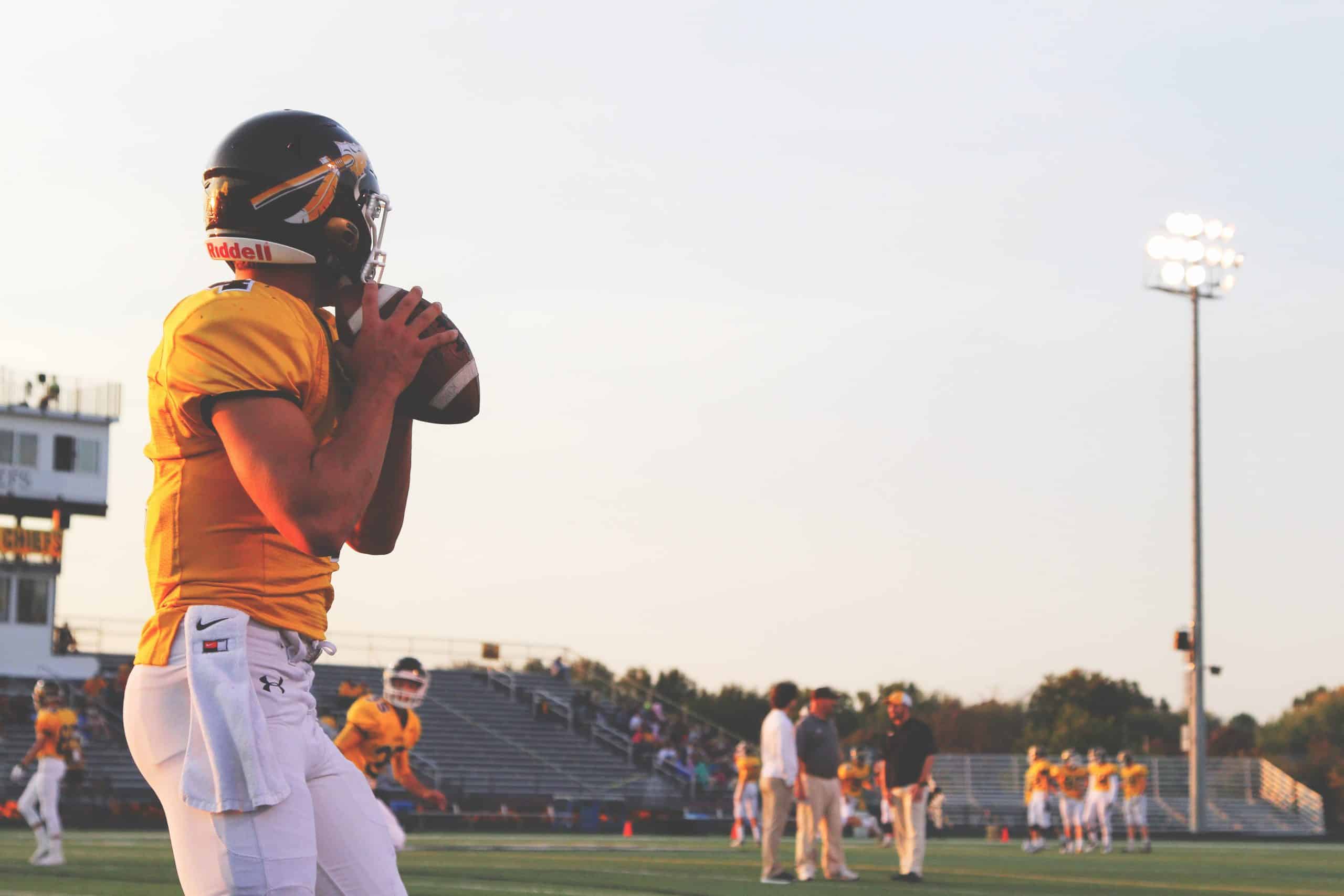Athlete Advocacy and Its Impact on Consumer Perceptions

Sports, whether at the amateur or professional level, has a broad and often global appeal, reaching large audiences.
There is an increasing trend of personalities and athletes using their fame and platform to speak out about various causes.
Recently, Elevent conducted a comprehensive survey of 2,000 adults (18+) in the U.S. The survey aimed to explore the impact of sports sponsorship on consumer perspectives. The results regarding athlete perception revealed that some issues voiced by athletes have a positive impact, while others can be detrimental to their image.

When asked about the importance of professional athletes using their platform to express personal beliefs and feelings, 51% of consumers agreed it was important, 33% disagreed, and 16% felt indifferent.
While mental health is now considered an acceptable topic for athletes to discuss (58%), the same is not true for personal matters such as admitting marital problems (29%).

The results varied among different age groups, with those between 18 and 34 showing a stronger belief that athletes should use their platforms to voice their beliefs. Respondents between 18 and 54 generally viewed this in a more positive light compared to previous generations.
Regarding specific advocacy issues, athletes who prioritize mental health, vocalize causes they believe in, and openly admit their addiction challenges have the most positive impact on consumers.
Managerial Implications
Brands seeking to align with athletes and personalities should choose partnerships based on shared values and the fit between the brand and the athlete.
Personal endorsements pose the greatest risk for brands. Individuals can engage in unpredictable behavior. A large proportion of such partnerships result in some form of scandal or controversy, ranging from substance abuse to fraud or even murder.
To mitigate these risks, solid contracts and pre-approved contingency plans can be put in place. However, aligning with an individual alone does not constitute a strategy or sponsorship platform.
Endorsements can effectively complement league and/or team partnerships, allowing for content creation and humanizing the brand. They should rarely be used as a standalone approach.
Similar to a financial portfolio, investments in personalities should be diversified to reduce the risk of a single endorsement deal going sour. The Nike Golf-Tiger Woods story serves as an example of a brand heavily relying on one individual for their marketing efforts.
Several researchers, including François Carrillat, a prominent sponsorship academic from Griffith University in Australia, attribute the decline in positive influence (or even no influence at all) of new endorsement contract announcements on the stock prices of endorsed firms to the increase in scandals over the past 15-20 years. This suggests that the market has become less trusting of endorsers, which has led to a decrease in their impact on stock prices.
In conclusion, brands should engage in discussions with athletes about causes that are important to them before entering into agreements. Joint programs can be developed to create more structure around athlete advocacy. For instance, Lewis Hamilton and his Mercedes-AMG PETRONAS F1 team are collaborating to increase diversity in F1 and the workplace. Capitalizing on shared causes, particularly among younger demographics, presents opportunities for brands.
Methodology
Elevent conducted an online survey of 2,000 adult Americans (18 years of age and older) in Q1 2022. The purpose of the survey was to understand how sports sponsorships impact American consumers. The comprehensive survey covered a wide range of topics, including the impact of sports sponsorships, corporate social responsibility (CSR), athlete advocacy, stadium naming rights, and sports fanbases. Among the respondents, 437 identified as runners (engaging in running/jogging at least once or twice a year, with the majority running/jogging at least once a week), and 343 identified as competitive runners (having participated in a competitive running race). The survey results were weighted using Census Bureau data based on age, gender, race, and region of residence, with a margin of error of ±2% (based on probability and a confidence level of 95%).
To learn more about Elevent, access the survey on consumer perspectives regarding the impact of sports sponsorship, or arrange a demo of the Sponsorship Lifecycle Management platform, please contact us at [email protected].
